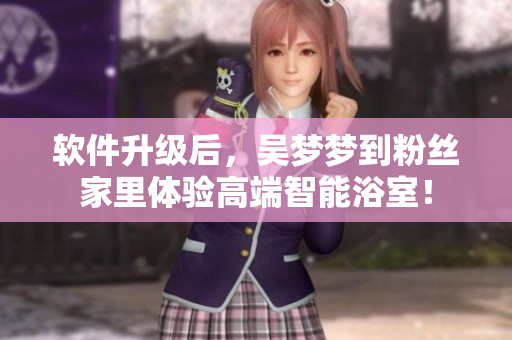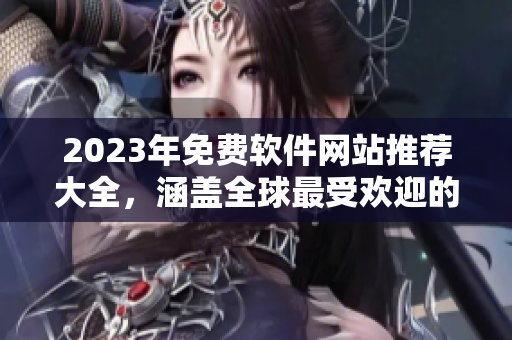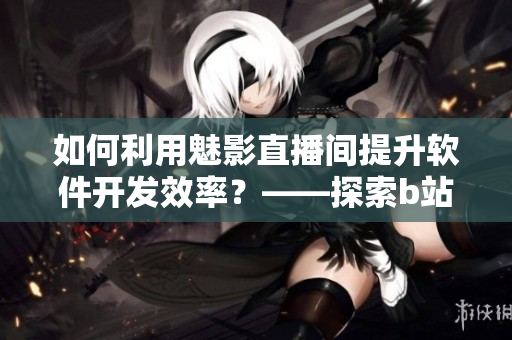Introduction
As a fan of anime and manga, I recently came across a series that caught my attention -- "少女的秘密" (Shoujo no Himitsu or "A Girl's Secret"). It's a romantic drama that follows the story of a high school girl who's struggling to keep her secrets hidden from everyone around her. In this article, I'll be sharing my thoughts on this series and how it relates to some interesting vocabulary I've come across in my recent reading of manga and other media, including some steamy content that might not be suitable for all audiences!
Exploring Vocabulary
One of the things I love about reading manga is coming across new vocabulary that I might not have encountered otherwise. A recent example of this was in the series "歪歪的漫画书" (Wai Wai no Manga-sho or "Wild Comic Book"), which had a lot of humor and slang that was new to me. Some of the words I learned were "chotto matte" (meaning "wait a minute"), "baka" (meaning "stupid" or "foolish"), and "gomen" (meaning "I'm sorry"). These might seem like basic words to some, but it's always fun to learn new things!
Another series I've been reading is "湿漫画" (Shimega or "Wet Comics"), which features a lot of erotic content. While it might not be for everyone, I find it interesting to explore the different ways that sexuality is portrayed in manga and other media. Some of the vocabulary I've come across in these types of series includes "ecchi" (meaning "lewd" or "sexy"), "hentai" (meaning "pervert" or "perverted"), and "S" and "M" (which refer to sadism and masochism, respectively). These words might not be appropriate for all audiences, but they're still worth learning about if you want to understand modern Japanese slang and culture.
Unexpected Discoveries
As I delved deeper into the world of manga and anime, I found myself stumbling upon some unexpected content. One example of this was in the series "沈阳45岁老阿姨叫的没谁了" (Shenyang 45 Sui Lao Ayi Jiao De Mei Shui Le or "The 45-Year-Old Aunt from Shenyang Who Moans So Loudly"). While the title might sound risqué, the series was actually a heartwarming story about a woman who struggles to find love and acceptance in a society that values youth and beauty above all else. It's a reminder that sometimes the things we expect to be shallow or superficial can surprise us with their depth and complexity.
Another series that challenged my expectations was "深度开发梁医生不可以" (Shen Du Kai Fa Liang Yi Sheng Bu Ke Yi or "Deep Development with Dr. Liang"). While I initially thought it was going to be a dry medical drama, I was pleasantly surprised to find that it was a thrilling tale of corporate espionage and undercover romance. It goes to show that you shouldn't judge a book by its cover, or a manga by its title!
The Beauty of Sakura
Returning to "少女的秘密", one of the things that struck me about the series was its use of imagery and symbolism, particularly with regards to the cherry blossoms (aka sakura) that appear throughout the story. In Japanese culture, cherry blossoms are a symbol of beauty, impermanence, and the fleeting nature of life. The way that they're incorporated into the story adds another layer of meaning to the already complex narrative.
As I watched the main character struggle with her secrets and her feelings for her crush, I couldn't help but think about the transience of youth and how important it is to cherish the moments we have with the people we love. It's a theme that's played out in countless anime and manga, but "少女的秘密" handles it with particular grace and sensitivity.
Conclusion
In conclusion, "少女的秘密" is a wonderful example of the power of storytelling in manga and anime. From exploring new vocabulary and unexpected themes to delving deeper into Japanese culture and symbolism, there's so much to discover and appreciate in this series and in the medium as a whole. Whether you're a longtime fan or a newcomer to the world of manga and anime, I highly recommend giving it a try and seeing what secrets await!









